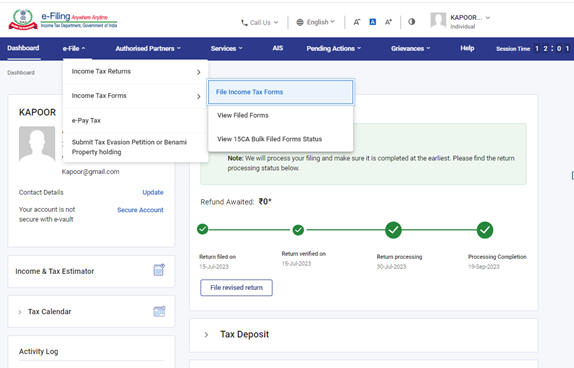Everything You Need to Know About Filing Taxes in the UK

Introduction
Filing taxes is a crucial responsibility for individuals and businesses in the United Kingdom. Understanding how to correctly file taxes not only ensures legal compliance but also optimises financial outcomes, helping taxpayers potentially secure refunds or minimise liabilities. As the UK tax year runs from April 6 to April 5 of the following year, being well-informed about the process is vital, especially as the deadline approaches.
Key Details for Filing Taxes
In the UK, tax returns must be filed to HM Revenue and Customs (HMRC) and can be done online or by post. Individuals are often required to submit a Self Assessment tax return if they meet specific criteria, such as being self-employed, earning more than £100,000, or receiving other income that is not taxed at source.
Online registration for Self Assessment is available via the HMRC website, where users need to set up an account and obtain a Unique Taxpayer Reference (UTR) number. This crucial number serves as a personal tax identifier and must be included in any correspondence with HMRC.
Filing Deadlines
Mark your calendars: the deadlines for the current tax year are set as follows. For paper tax returns, the due date is October 31, while for online submissions, the deadline is extended to January 31 of the following year. Missing these deadlines can incur penalties and interest charges, underscoring the importance of timely filing.
What to Include in Your Tax Return
When preparing your tax return, ensure you include all forms of income, such as salary, dividends, and rental income, alongside allowable expenses that can reduce your taxable income. Common deductions include business expenses for the self-employed, charitable donations, and certain capital allowances.
Impact of Recent Changes
Recent changes in the tax landscape, influenced by fiscal measures adopted in response to economic challenges, have made tax filing more complex this year. Adjustments to personal allowances and tax thresholds were introduced in the October 2022 budget, which may impact taxpayers’ obligations and potential tax refunds in the upcoming tax season.
Conclusion
Filing taxes in the UK can seem daunting, but by staying informed about the requirements, deadlines, and recent legislative changes, taxpayers can navigate the process more confidently. With potential financial implications, it is advisable to start gathering necessary documentation early and take advantage of available resources, whether through HMRC’s official channels or professional tax advisors. Ultimately, understanding and efficiently managing your tax obligations can lead to considerable benefits and peace of mind.








